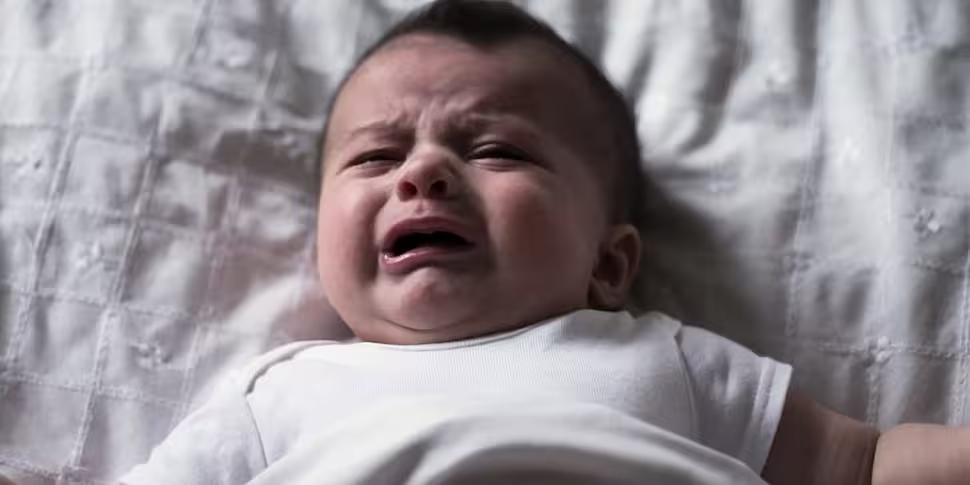Leaving babies to 'cry it out' has no negative impact on a child's development, new research has suggested.
Researchers at the University of Warwick in the UK followed 178 infants and their mothers over 18 months.
The results - published in the Journal of Child Psychology and Psychiatry - indicate that a baby being left to ‘cry it out’ a few times or often does not adversely affect their behaviour development or attachment.
The study also suggested that infants left to cry cried less often and for a shorter duration at 18 months of age.
Elsewhere, the findings indicate that mothers who let babies “let it cry out” occasionally were not less sensitive in their parenting, while it may also help babies to learn to self-regulate and provide "a first sense of self".
Professor Dieter Wolke, who led the study, explained: "We have to give more credit to parents and babies.
"Most parents intuitively adapt over time and are attuned to their baby’s needs, wait a bit before intervening when crying and allow their babies the opportunity to learn to self-regulate.
"Most babies develop well despite their parents intervening immediately or not to crying."
Joanna Fortune, a psychotherapist and author of 15 Minute Parenting, spoke to Newstalk Breakfast about the findings.
She observed: "Just because something says it does no harm does not equate to saying it does good.
"When it comes to this area of caring for your baby and parenting, I'll often and always defer to the knowledge and expertise of parents.
"The first attempt a baby makes at communication is their cry - it's how they let us know 'things aren't feeling so good for me'."
She noted that babies can only develop a capacity for trust in adults if their cries are "consistently responded to" by their parents.









